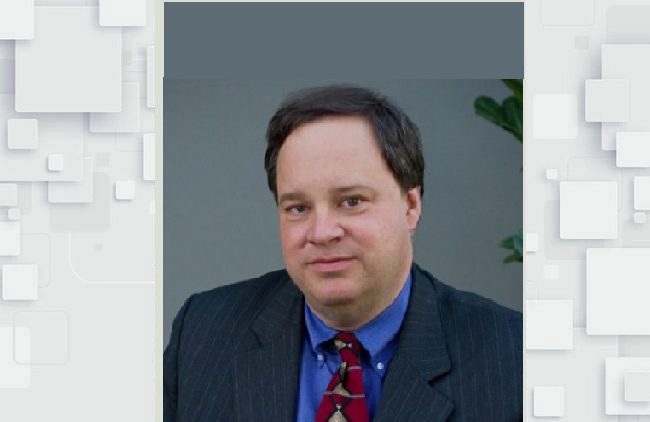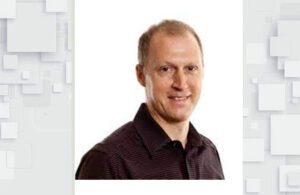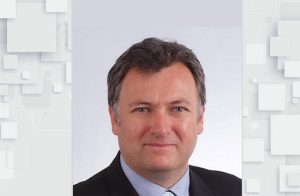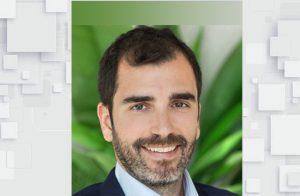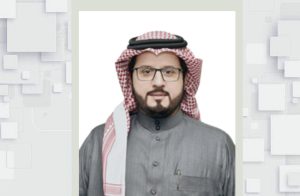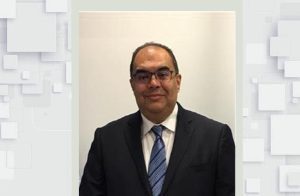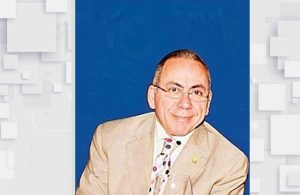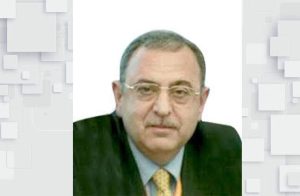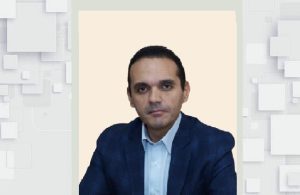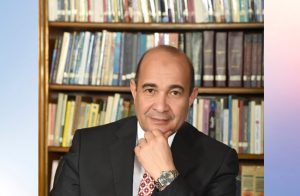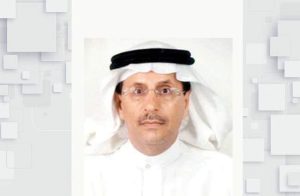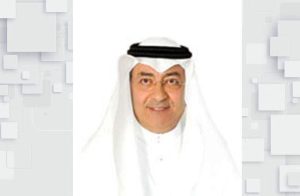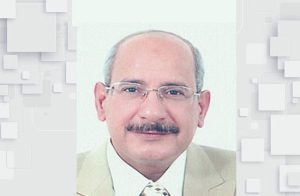Of course, the first idea process can be painful. But this is also why there has been greater technological change since 1870 than there has been between the period of six thousand BC and 1869. The second thinker is Friedrich Engels, who formulated the superstructure model, which is the basis of Marxist political economy. “This is of course Marx’s framework, but I think he owes more to his collaborator.”
The “superstructure” describes society as a whole, including its personal networks, social patterns, and political, cultural, and economic institutions that are critically important. Despite the importance of these matters, they are all based on the basic technological “base” of production, and must correspond to it. At every moment since 1870, whatever social programs a society was running would inevitably become obsolete and collapse within 50 years, due to changes in basic equipment, which were in turn driven by Schumpeter’s creative destruction theory.
The third thinker is another Austrian-born economist, Friedrich von Hayek. His brilliant vision was that the market economy is a unique mechanism that can catalyze collective innovation and mobilize human mental forces, to make the world richer “provided that property rights are implemented”.
However, Hayek cautioned that these benefits are very costly, and the market cannot provide any form of social justice. He believed that any attempt to manage or adjust the market with such goals in mind would not only fail but also undermine the market’s ability to do what it does best. Thus, his doctrine reached the principle, “The market gives, and the market takes. Blessed is the name of the market.” Anything else would put us on a “path to serfdom”.
Finally, Hungarian economic anthropologist Karl Polanyi argued that Hayek’s view of the market-bred utopia was unsustainable because it was inhumane. People want to have a say in how their social resources are used. They will demand a certain minimum decent income for themselves and others, while expecting a certain degree of stability. People tend to resist the idea that their way of life can be unilaterally destroyed by a greedy, rootless, profit-maximizing person in the other half of the world. In any case, this is the state of people. If property rights are really the only rights that matter, then politics and society will eventually collapse.
The Four Thinkers enable us to understand why we cannot use our available technological prowess to build a fair and happy world. Of course, diagnosis is only half the battle (and perhaps less). The task of future generations is to figure out how to be good at slicing and tasting the economic pie, as previous generations succeeded in making it larger.
Economic







